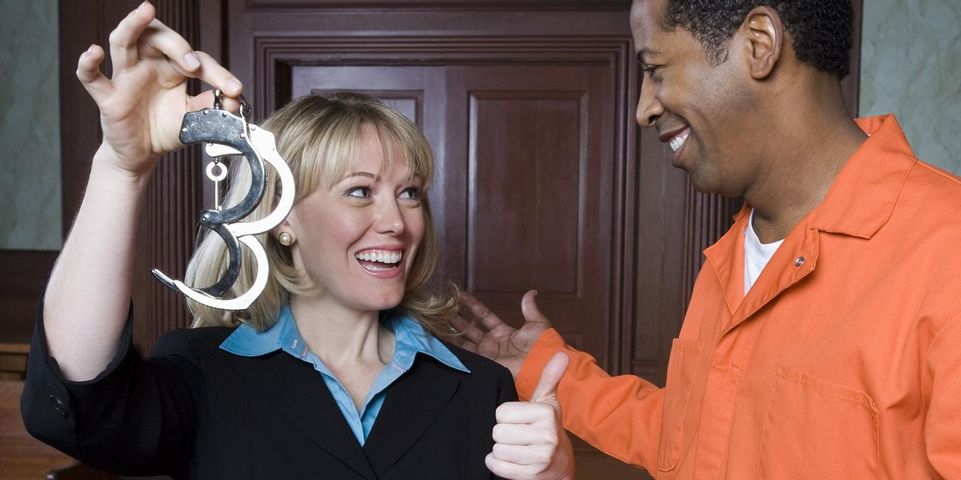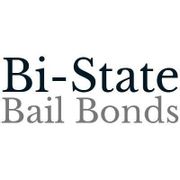
Bail allows individuals accused of crimes to secure their release in exchange for money that is to be rescinded to the plaintiff after they attend all appointed court dates. The bail bondsman really only emerged as a figurehead of this movement around the turn of the twentieth century. Below, learn more about the history of bail and the role the bondsman has played in it.
About Bail
Bail has its roots in Ancient Mesopotamia. Clay tablets unearthed from this region and dated around 2750 BCE detail a surety bond agreement, in which an Indemnitor agrees to pay a fee to secure the release of a prisoner and vouches that the prisoner will show up in court as instructed.
The modern, western bail system is most similar to the one that started in England during the Middle Ages. Up until this time, disputes were settled through blood feuds; imprisonment and punitive action by the government were not widely practiced.
At first, no money was involved, only the assurance of another party that the accused would honor all court dates. But as centuries passed and the Industrial Revolution took hold, money began to wield considerable power, and the spread of families and communities across larger areas meant that accused persons didn't always have someone close by to vouch for them. Thus, governments enacted laws that exchanged money as a surety bond so an accused individual would be released and arrive in court as ordered.
About Bail Bondsman
 The first American commercial bail bondsman was Peter P. McDonough in San Francisco. He opened his business in 1898, and it became a massive success. At the time, courts required the accused to pay the full bail amount, not a percentage of it. The bondsman paid this amount and expected full reimbursement, plus interest, from the accused, along with the accused's agreement to show up in court.
The first American commercial bail bondsman was Peter P. McDonough in San Francisco. He opened his business in 1898, and it became a massive success. At the time, courts required the accused to pay the full bail amount, not a percentage of it. The bondsman paid this amount and expected full reimbursement, plus interest, from the accused, along with the accused's agreement to show up in court.
Over time, bail bondsmen have gravitated away from this model and now generally accept a flat rate percentage of the bail as a fee. They will then post the required bail and obtain a surety bond ensuring the accused's cooperation with the courts.
If you need to post bail in the Bowie County, TX, region, contact Bi-State Bail Bonds. For more than 20 years, they have been helping clients secure their freedom. They are available 24 hours a day, seven days a week, and they will be happy to guide you through the process from start to finish. Call (903) 794-2245 or visit them online to learn more about their bail bond services.
About the Business
Have a question? Ask the experts!
Send your question

